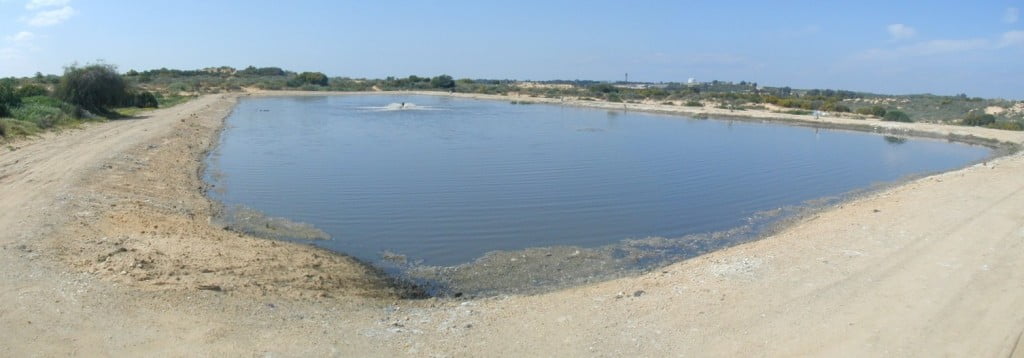An Israeli company has developed a system to treat wastewater with the help of sewage-eating bacteria.
Wastewater treatments are already used in a variety of industries including pulp and paper plants, petrochemical processing, food and beverage industries and swine and dairy farms.
But most wastewater treatment systems today are energy-intensive. This results in a large carbon footprint and high operating costs.
Emefcy, producer of Israeli bio-energy systems, says its system minimizes the energy consumption for wastewater treatment, by applying the principle of microbial fuel cells (MFC) that create electricity from dirty water. The use of waste dissolved in water as a source of energy has the potential to change the field of wastewater treatment as well as that of power generation.
The MFC Technology
Megawatter, the system developed by Emefcy, produces electricity directly from the treatment of different types of wastewater. This is actually a bio-electro-chemical process for electricity and hydrogen production using wastewater as a fuel. It works by using bacteria to biologically dissolve organic chemicals in wastewater.
The system is based on bacteria with the ability to produce electric current as part of their metabolic activity. A layer of electro-active bacteria develops naturally on the surface area of the water. While degrading the organic compounds of the wastewater, a bio-electro-chemical reaction occurs, generating electricity in the process.
Emefcy said that “conventional wastewater treatment uses 2% of global power capacity (80,000 megawatts and 57,000,000 tons per year of carbon dioxide,) costing $40 billion per year.”
In a telephone interview with Bloomberg news, Chief Executive Officer Eytan Levy said: “Emefcy Ltd. has raised about $10 million from different investors. We’ve seen a significant increase in interest in resource recovery from wastewater that wasn’t there just a few years ago.” The company is targeting sales in Europe and the U.S. and forecasts annual revenue of more than $100 million by 2017, he said.
“Microbial fuel cells feeding on wastewater will produce free, renewable, green energy,” he said.
Related posts

Resilient And Nutritious New Plant-Based Milk Aims To Make A Splash

Chocolate From Cultivated Cocoa Comes Without Environmental Toll

Plastic Fantastic: Startup Takes PVC Back To Its Crude Oil Roots




Facebook comments